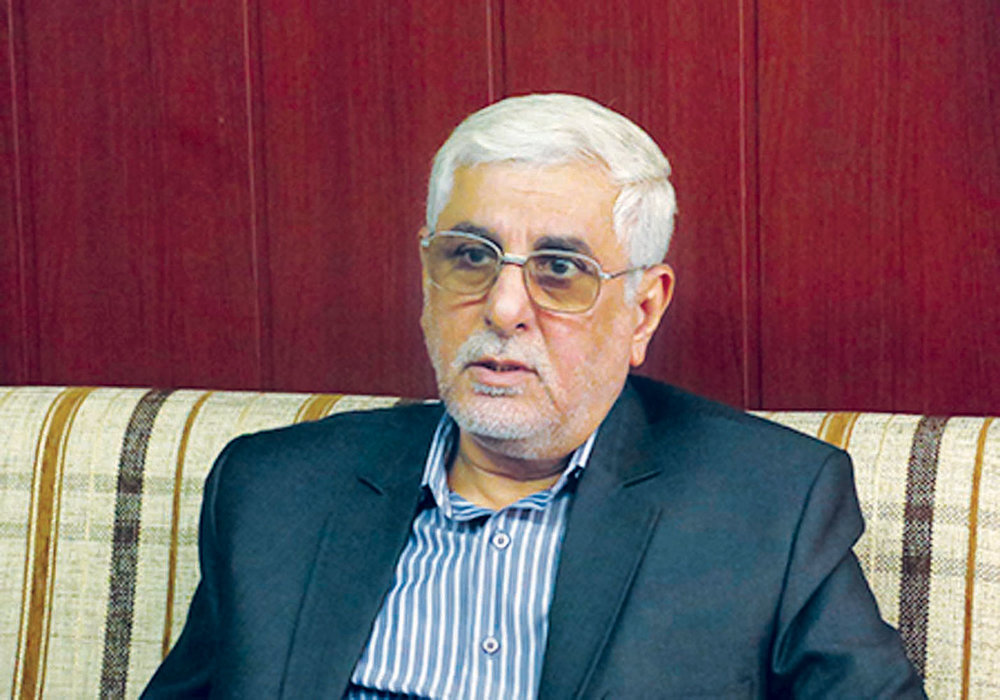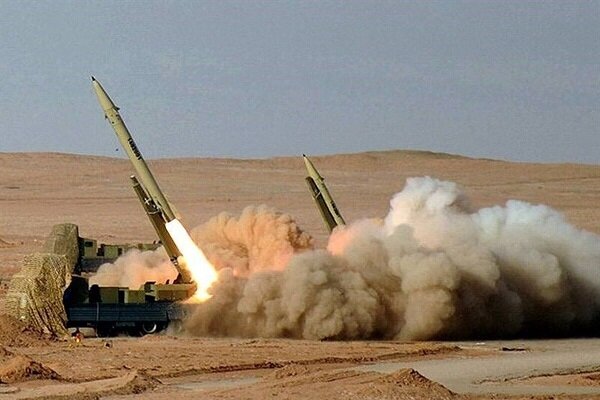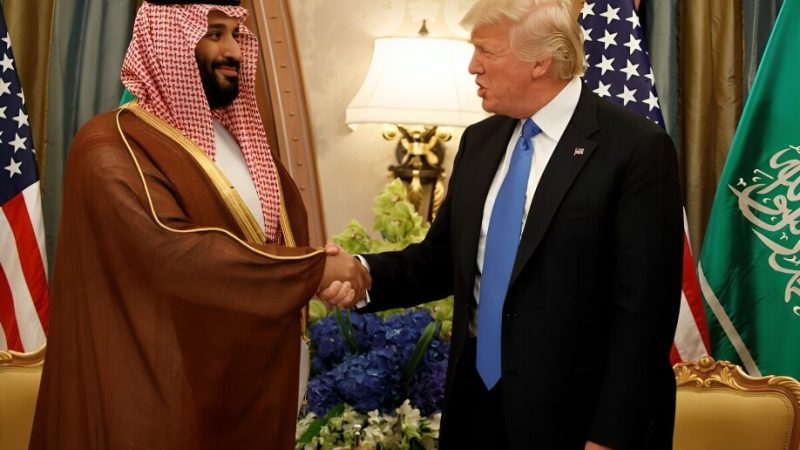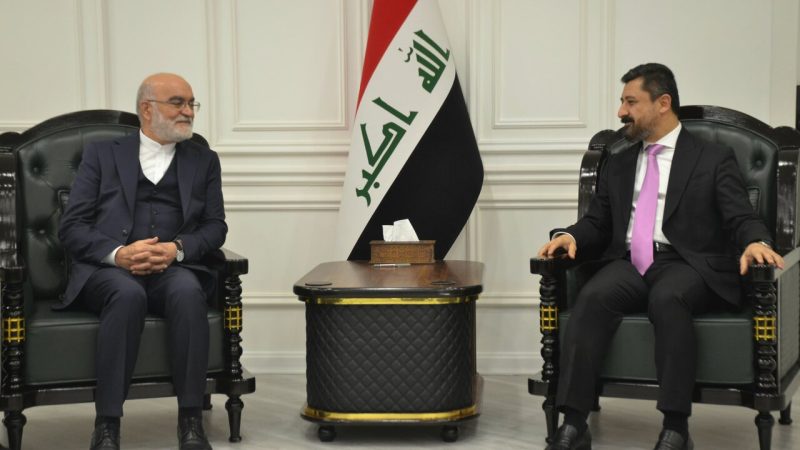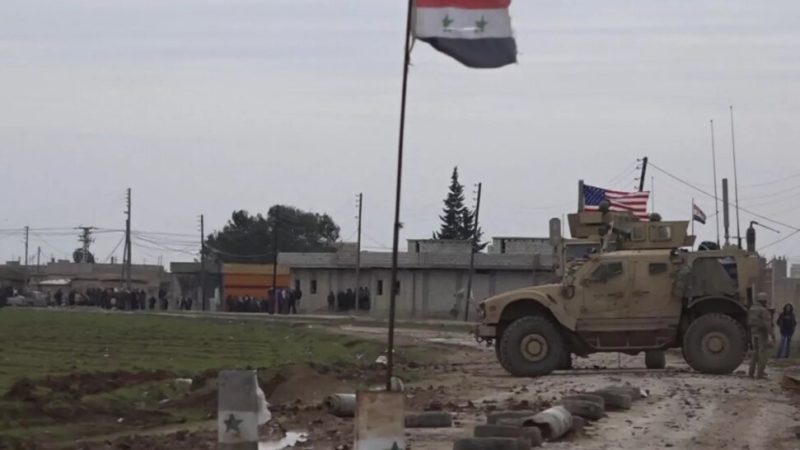In an interview with Mehr, Hassan Hanizadeh, an Iranian expert on Arab countries’ affairs, said that Tehran submitted a list of terrorists who were behind assassinations and terrorist acts against the Iranian people to the Iraqi Supreme Judicial Council for prosecution, but foreign factors have blocked their extradition to Iran.
Hanizadeh said that the fall of the Iraqi Baath regime in 2003 was a turning point in relations between Tehran and Baghdad and provided opportunity to begin constructive cooperation between the Islamic Republic of Iran and the new Iraqi government in the different political, economic, and especially security spheres.
However, he argued that, structural gaps in the Iraqi security structure, especially in the north of the country, laid the ground for the formation and consolidation of bases for anti-Iranian terrorist groups in the Kurdistan Region.
Citing information and on the ground reports, he said that over the past 22 years, at least eight military bases belonging to armed groups have been established in the Kurdistan Region of Iraq, near the shared borders with Iran.
“During that period, these groups have repeatedly undermined the security of the provinces of West Azerbaijan, Kordestan, and Kermanshah by carrying out terrorist operations,” Hanizadeh said.
َAccording to Hanizadeh, from a security perspective, the danger posed by such terrorist groups based in the Kurdistan Region in Iran is not limited to border clashes, adding that the bigger problem that emerges is that some of those elements have received specialized terrorist training in their bases, under the supervision of Mossad and CIA intelligence officers.
“One of the worrying cases was the sending of deviant jamming on the radars of passenger planes in the skies over northwestern Iran [by those terrorists], which could have led to humanitarian disasters,” he continued.
“Such an action is not only in flagrant violation of international aviation laws, but also it is considered a serious threat to the lives of hundreds of passengers onboard domestic and international flights,”
He went on to say that it is because of such dangers posed by those terrorists that Iran has become more and more sensitive to their presence.
Reviewing the process of Iran’s security interactions with Iraq, Hanizadeh pointed to Tehran’s repeated warnings to the central government of Iraq and the Kurdistan Regional Government (KRG) about the presence and bases of the armed groups.
He notes that ignoring these warnings has sometimes forced Iranian forces to enter northern Iraq to pursue those armed elements. Meanwhile, he admitted that Iran’s military actions and presence of terrorist groups have made life for the people in the border areas, particularly in the villages in northern Iraq, difficult.
The political analyst continued to a security agreement signed between Tehran and Baghdad in in 2023, and considered it the result of intensive negotiations and the necessity of confronting border threats.
Hanizadeh said that “According to the agreement, the Iraqi government pledged to completely disarm terrorist groups and remove them from the borders of the Islamic Republic in a period of six months, in cooperation with the KRG, while the KRG has not cooperated effectively in implementing the pact.”
“Tehran has also submitted a list of names of those involved in assassinations and terrorist acts against the Iranian people to the Iraqi Supreme Judicial Council for judicial prosecution, despite all foreign factors have prevented the extradition of these terrorists,” he asserted.
The Tehran-based expert finally warned that delaying the implementation of the security agreement could have serious consequences for bilateral relations, especially in the areas of trade, transit of goods, and border security.
MNA/6454933

